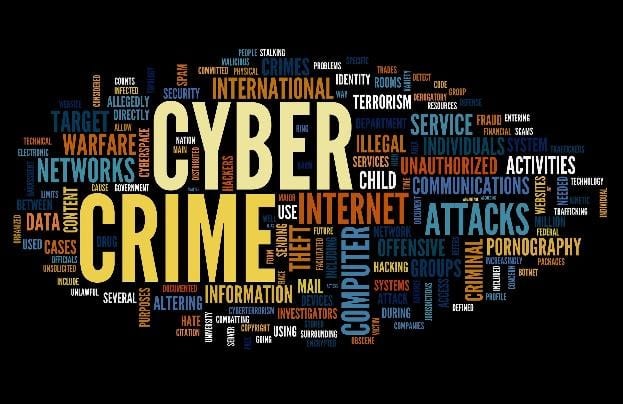When someone says the word “crime,” what pops into your head? Maybe people selling drugs on a street corner. Or getting into a gun battle. You might even think of something like shoplifting.
Chances are, you don’t imagine someone sitting in front of a computer monitor and typing on a keyboard. However, computer-related crimes are every bit as serious as any of the ones mentioned above, and the state of North Carolina takes them very seriously. If you find yourself charged, you will likely be facing severe consequences that can upend your entire life and leave it forever changed.
What kind of penalties are we talking about?
They vary depending upon the computer crime in question and the specifics of your situation, but none of them are anything that you want to mess with if you can avoid it. Before we dive into penalties, let’s first define what our state means by “computer crime.”
Defining Computer Crimes in North Carolina
“Computer crime” is a broad term that actually covers a number of different crimes that can involve using computers to commit crimes, unlawfully accessing computers, preventing others from lawfully accessing them, damaging computers or computer-related equipment, and more.
Specifically, under “Computer-Related Crime,” North Carolina statutes cover:
Accessing computers for the purpose of fraud
Damaging computer networks, programs, resources, systems, or computers themselves
Denying computer services to someone who is authorized to use them
Using a computer to commit extortion
“Trespassing” on a computer to do any of the following
“(1) Temporarily or permanently remove, halt, or otherwise disable any computer data, computer programs, or computer software from a computer or computer network.
(2) Cause a computer to malfunction, regardless of how long the malfunction persists.
(3) Alter or erase any computer data, computer programs, or computer software.
(4) Cause physical injury to the property of another.
(5) Make or cause to be made an unauthorized copy, in any form, including, but not limited to, any printed or electronic form of computer data, computer programs, or computer software residing in, communicated by, or produced by a computer or computer network.
(6) Falsely identify with the intent to deceive or defraud the recipient or forge commercial electronic mail transmission information or other routing information in any manner in connection with the transmission of unsolicited bulk commercial electronic mail through or into the computer network of an electronic mail service provider or its subscribers.”
Engaging in cyber-bullying
There is also a section at the end reserved for additional crimes to be added in the future, since this is obviously an evolving area of the law.
What kinds of charges and penalties are you looking at for these types of crimes?
Consequences You Can Face If You Are Convicted of a North Carolina Computer Crime
Charges for computer crimes in our state range from Class 3 misdemeanor offenses to far more serious felonies.
- For a Class 3 misdemeanor, offenders face fines up to $200 and up to 20 days in jail.
- For a Class 2 misdemeanor, offenders face fines up to $1,000 and up to 60 days in jail.
- For a Class 1 misdemeanor, offenders face fines deemed “appropriate” by the court and up to 120 days in jail.
- For a Class A1 misdemeanor, offenders face fines deemed “appropriate” by the court and up to 150 days in jail.
- For a Class I felony, offenders face between 3 and 12 months in prison.
- For a Class H felony, offenders face between 4 and 25 months in prison.
- For a Class G felony, offenders face between 8 and 31 months in prison.
- For a Class F felony, offenders face between 10 and 41 months in prison.
As you can see, consequences can be quite severe if you are convicted. Take heart, though. Jail time is not guaranteed – even if you admit guilt. For misdemeanors in particular, there are alternative punishments that can be issued, such as community service or home detention.
A skilled North Carolina criminal lawyer can work to reduce both the charges you face and the consequences you will have to endure. Reach out to us today.
About the Author:
Jan Elliott Pritchett is Managing Partner at the Law Firm of Schlosser & Pritchett and one of North Carolina’s top rated criminal defense attorneys. With a practice dedicated 100% to litigation, Mr. Pritchett protects the legal rights of clients who have been charged in federal and state criminal matters, as well as DUI/DWi, motor vehicle accidents, personal injury, and traffic violations. In practice since 1995, Mr. Pritchett has earned a reputation as a highly talented and fearless lawyer, being listed among the state’s “Legal Elite” and recognized as one of the Top 100 DWI Lawyers in North Carolina by the National Advocacy of DUI Defense. He currently serves as the Co-Chairman of the North Carolina State Board of Legal Specialization, Criminal Law Specialty, and Vice-Chairman of the North Carolina Bar Association, Criminal Justice Section.









